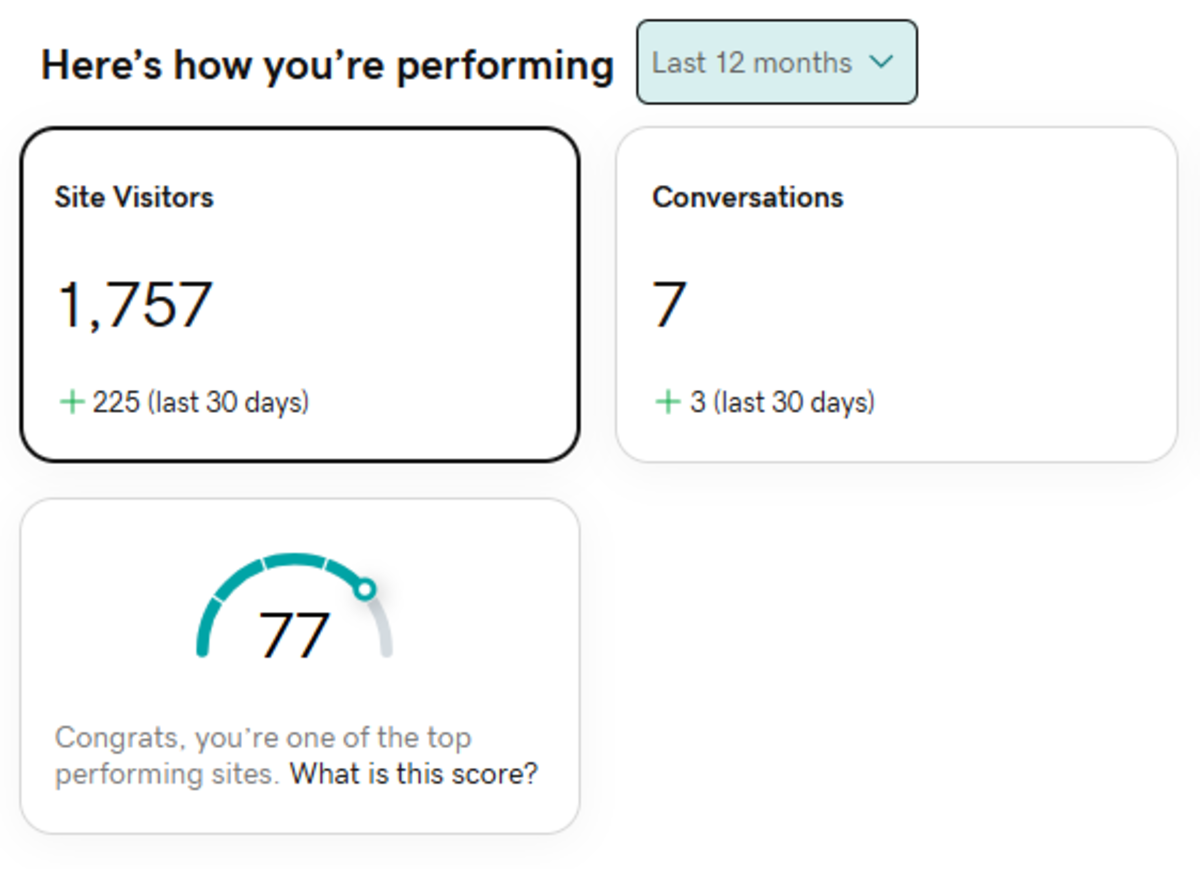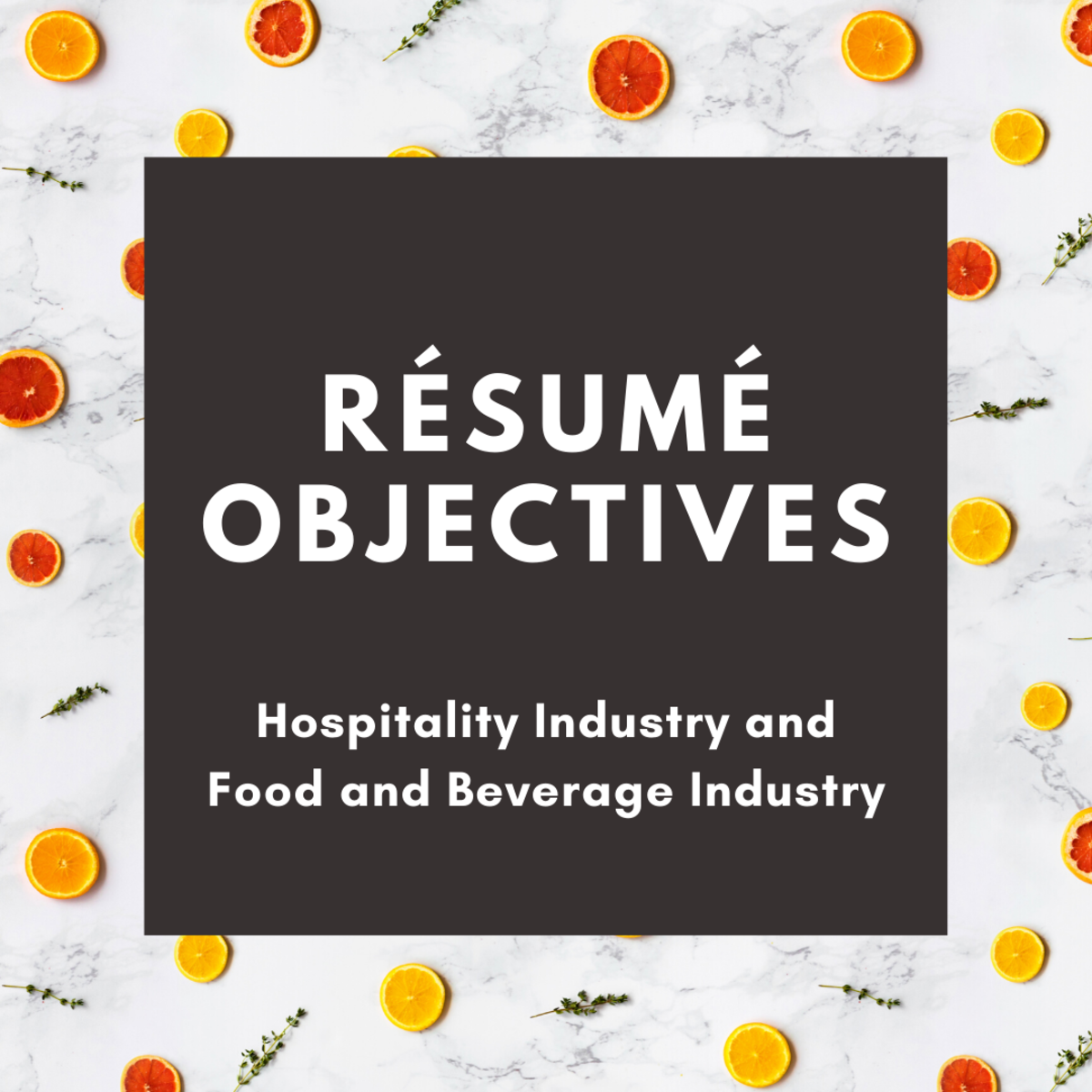Avoid These 5 Common Problems On Your New Graduate Resume

"Your resume is fighting for the attention of an overworked recruiter who is handing out fewer and fewer jobs. The last thing your job search needs is to be burdened by one or more of the following..."
_____
New grads: after your diploma, the most important document in your possession, as you head out of academia and into the jobs marketplace, is your resume. Sadly, too many new grads will cobble together a few overused cliches and a lackluster shopping list of part-time jobs and call it a resume. You'll spot them in six months time, knocking on the doors of that same university, lining up for a few more classroom hours and the relative shelter of campus life.
In this harsh economic climate, new college grads are being hit particularly hard. By definition, the new graduate typically lacks significant hands-on or applied experience in his or her chosen field. Instead, new grads bank on the premise that major employers are willing to go out on a limb and hire and train those individuals who have demonstrated...
- that they possess a rudimentary understanding of their chosen profession, and
- that they are trainable – by having completed their degree requirements.
That premise still holds water, but barely. In the ongoing aftermath of the 2008-2009 economic meltdown, corporations are more selective than ever. Your resume is fighting with a growing stack of resumes for the attention of an overworked recruiter who is handing out fewer and fewer jobs. The last thing your job search needs is to be burdened by one or more of the following...
5 Common Problems on a New Graduate Resume
Aimless
A resume is aimless if a) it lacks an objective statement, and b) the subsequent summary or profile section is too general to be able to identify an objective. How common is this in new graduate resumes? Very. Often the problem is that the new grad doesn't yet have a handle on what it is he or she wants to do in life. My advice to the graduate? Figure it out... fast. Your resume needs either an objective statement for direction, or a profile section highlighting a skill set that points specifically toward a narrow career field – ideally, so narrow that there is no mistaking you are applying for the specific position for which the employer is recruiting.
Tip: when XYZ Company comes to town, research the job they're recruiting for, make sure you meet the qualifications, then use that job's actual title in your resume's objective. Focus the balance of your resume toward this position. This is called a ‘targeted resume,' and requires a re-write with each new application. While it's certainly more work than simply mass printing a ‘one size fits all' resume, it's a relatively small price to pay to improve the odds of landing the position you want.
No Profile or Summary Statement
Whether or not you employ an objective to focus your document, a profile statement is extremely important – especially for the new graduate resume. This is your shot at presenting your unique selling points front-and-center. Leave this section off, and you force the employer to hunt through your resume to pick out this trait or that strength that would be applicable to the job at hand. Don't expect that to happen.
Tip: craft a sentence or two describing the transferable skills you wish to present, then follow (if possible) with three bullet points of related achievements.
Every Job Treated Equally
Every job is not equal, certainly not in the minds of recruiters screening resumes. Yet too many new grads make the mistake of lining up every part-time, temporary and volunteer job they've every had and giving each equal weight. The smarter strategy is to separate your jobs into two groups: those applicable to your objective (remember the targeted resume?) and those that are not. Those in the first group should be front-and-center and detailed in the "Experience" section, those in the second group downplayed. Corral the latter into a section called "Other Experience" or "Other Jobs," and provide only cursory details.
Unchecked Ego
Avoid the tendency to strut. If you consistently routed your opponents on the debate club by channeling the late William F. Buckley Jr., it's probably not in your best interest to phrase it that way. Employers want new hires who are leaders, yes. But they want leaders who can learn and can function well as a part of a team. A little ego goes a long way on a resume; there is a fine line between expressing confidence and being a boor. The latter won't make your phone ring.
The Devil In The Details
Misspell a word or two, or make a grammatical mistake, and I can only hope you're not holding your breath waiting from the phone to ring. You're a college graduate, for goodness sakes! There is an expectation that you're capable of certain base language skills – among them, spelling and grammar. Ditto for the design and layout of the resume. If you're writing the resume yourself, study contemporary resume design and don't stray too far from the norm. Pay attention to your margins, your intents, your bulleted lists. Make strategic use of bold and italics, but employ no more than two fonts. Uphold those high language expectations by proofreading your resume with a fine-tooth comb. Then have several other friends and family members read it over and give you their take.
The job market for new graduates continues to be challenging. Lucky for you, you've already stared down two to four years of challenges to have gotten this far. Know your focus, know your strengths, and present them confidently on your resume.
Best of luck. --David
__________
Thinking about using a professional resume service? "Make sure the writers are certified and they offer a guarantee," says former recruiter David Alan Carter. Carter compares the Web's most popular resume services at the website TopResumeServices.com, reviewing quality of workmanship, spelling out pricing, and giving each a star ranking.
Related Articles...
- Too Many Jobs On Your Resume?
Think you might have too many jobs on your resume? Does it take two grown men to carry it? Not every past job is a plus on a resume. Here's three ways to lighten the load, improve your marketability, and increase your chances for scoring a interview. - Resume Education Section - Essential Information
Your resume education section... got too much information, or not enough? And where exactly does it belong on the resume? Here's help from a former recruiter.








